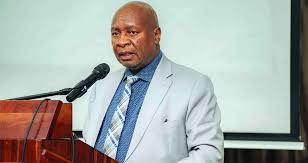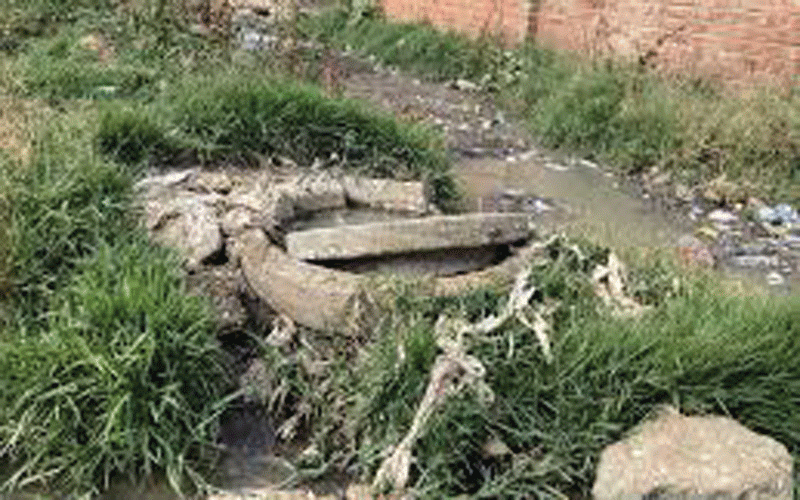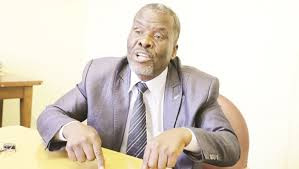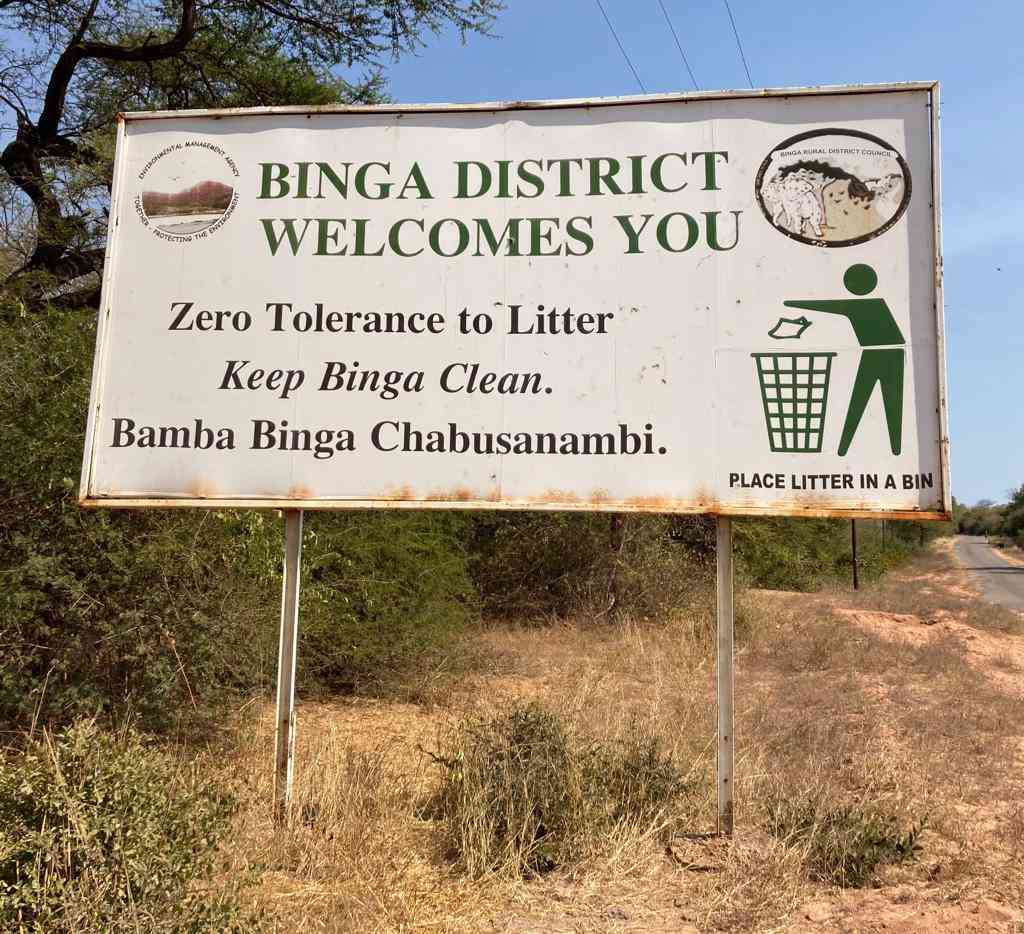
More than 39 000 vulnerable and food insecure people in Bulawayo received monthly allowances of up to US$13 between October 2024 and mid-2025, Parliament has been informed.
Responding to a question from Emakhandeni-Luveve Member of Parliament, Descent Bajila in the National Assembly on August 20, Public Service, Labour and Social Welfare minister, Edgar Moyo, said the initiative was aimed at cushioning food-insecure households in the city.
“Bulawayo Metropolitan Province registered 219,849 people under the cash-for-cereal programme meant for vulnerable people in urban areas,” Moyo told Parliament.
“The government, through the department of social development, paid 24,293 individuals in October 2024.”
He explained that each beneficiary received US$8 – paid in local currency at the prevailing interbank rate – which was deposited into their NetOne OneMoney accounts.
The amount was intended to enable households to procure cereal.
Moyo added that the programme was supported by the World Food Programme (WFP), which provided additional cash transfers to 15,000 people.
“They received US$8 for cereal and an extra US$5 to cover nutritional needs. Hence, a total of 39,293 beneficiaries received cash in Bulawayo Province,” he said.
- Parly approves 2022 supplementary budget
- Call for fresh PVOs Bill public hearings
- Turkey denies human trafficking reports
- Govt to distribute grain as hunger stalks millions
Keep Reading
However, Moyo revealed that after the October disbursement, no further allocations were released by the treasury to sustain the programme.
Bajila had also sought clarity on whether the selection and notification of beneficiaries was done digitally, but Moyo did not elaborate on the mechanisms during his response.
The urban cash transfer programme was introduced to ease the economic burden on vulnerable households, particularly those grappling with food shortages in cities.
At least five million Zimbabweans were said to be facing hunger following the El Nino drought blamed on climate change.
President Emmerson Mnangagwa declared the drought a national disaster, appealing for emergency humanitarian assistance.








